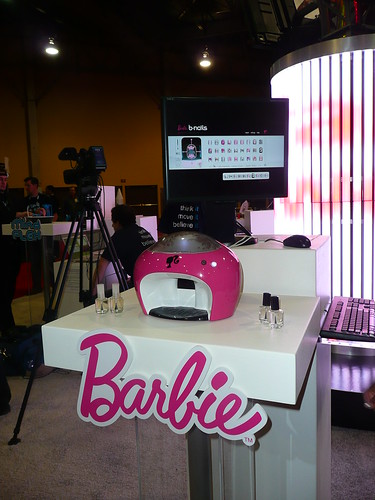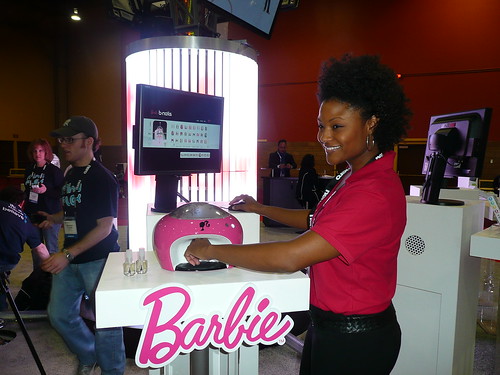 At $99 street price at the time of this writing, the Corsair Flash Voyager is bulk flash storage on the cheap. With a read speed of 27MB/sec and a write speed of 11MB/sec, its performance is typical of mid-speed USB drives.
At $99 street price at the time of this writing, the Corsair Flash Voyager is bulk flash storage on the cheap. With a read speed of 27MB/sec and a write speed of 11MB/sec, its performance is typical of mid-speed USB drives.
But with this much storage, performance becomes critical. You purchase large capacity drives because you have big files you need to move. I copied a 27GB virtual machine data file to the drive, which took 40 minutes. My A-data 32GB Expresscard drive (through a USB interface), on the other hand, copied the same file in 20 minutes, and a RAID-0 drive of 4 USB flash drives copied the data in 15 minutes (which is essentially the USB bus limit for data transfers).
It’s always disappointing when I plug a drive in and I’m reminded of the difference between what the package says and what the drive is. A 64GB drive really equals 60GB of data, which is the amount that will show up in your operating system when you mount it. Whether or not you’re being ripped off depends on the definition of a gigabyte: To everyone in the computing world except drive manufacturers, a Gigabyte is the binary 2 raised to the 30th power (1,073,741,824). To the drive industry, a gigabyte is the decimal 10 raised to the 9th power (1,000,000,000). In the days of megabyte hard drives, the difference was negligible but in the days of terabyte drives, the difference will hold an entire operating system installation. Drive manufacturer’s say they can’t change or they’ll look bad in comparison. I think it’s an issue the FTC should rule on so that all manufacturers have to change at once. But this is a review, and not a rant on ancient numerical injustices, so I’ll go on.
Like all flash drives, the Corsair Flash Voyager 64GB is highly reliable. However, out of the eight Corsair Flash Voyager drives I’ve owned, one failed suddenly. Despite the promise of a lifetime warranty, the warranty was basically impossible to execute, with the company sending forms back and forth and then basically doing nothing until I gave up on it because it wasn’t worth my time. I wound up returning it to Fry’s Electronics, who happily exchanged it even though it was beyond their return period.
 Instead of half dressed booth babes, they decided to go with nearly full frontal nudity. Who thought it was a good idea to insert their video projector over a naked woman?
Instead of half dressed booth babes, they decided to go with nearly full frontal nudity. Who thought it was a good idea to insert their video projector over a naked woman? 









